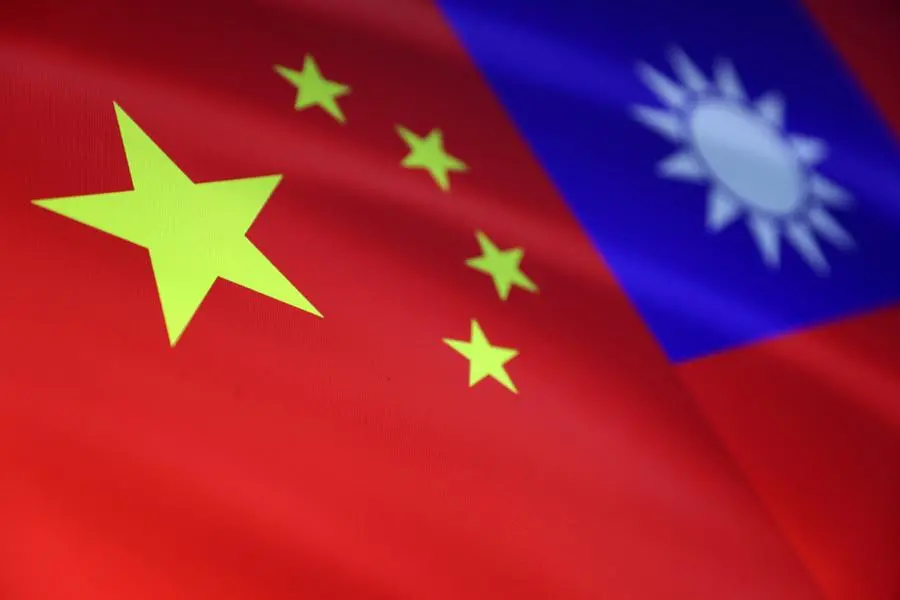PHOTO
BEIJING - Chinese Premier Li Keqiang pledged "peaceful reunification" with Taiwan on Sunday as well as resolute steps to oppose Taiwan independence, with Taipei responding that Beijing should respect the Taiwanese people's commitment to democracy and freedom.
China, which claims democratic Taiwan as its own territory, has increased its military activity near the island over the past three years, responding to what it calls "collusion" between Taipei and Washington, Taiwan's main international backer and arms supplier.
In August, China staged war games around Taiwan in response to a visit to Taipei by then-U.S. House Speaker Nancy Pelosi.
Speaking at the opening of the annual meeting of China's parliament, Li said Beijing stands by the "one China" principle, which states that Taiwan is part of China, though did not directly threaten military action.
The government should implement our party's policy for "resolving the Taiwan question" and "take resolute steps to oppose Taiwan independence and promote reunification", he told the roughly 3,000 delegates at Beijing's enormous Great Hall of the People.
"We should promote the peaceful development of cross-Strait relations and advance the process of China's peaceful reunification."
Most Taiwanese people have shown no interest in being ruled by autocratic China, which has never renounced the use of force to bring the island under its control.
Li, in separate comments on defence, said the armed forces should boost combat preparedness, though did not mention Taiwan within that context.
Taiwan's China-policy making Mainland Affairs Council responded to what it called Li's "reaffirmation" of China's Taiwan policy by saying Beijing should face up to the reality that the two sides of the Taiwan Strait are "not subordinate to each other".
China should "respect the Taiwanese people's commitment to the core concepts of holding fast to the sovereignty, democracy and freedom of the Republic of China", it said, using Taiwan's formal name.
China should deal with cross-strait affairs pragmatically in a rational, equal and mutually respectful manner, so as to create conditions for healthy interactions, it added.
Taiwan President Tsai Ing-wen has repeatedly offered talks with China, which have been rebuffed as Beijing believes her to be a separatist.
Taiwan's government strongly disputes Beijing's sovereignty claims, and says only the island's 23 million people can decide their future.
Taiwan holds presidential and parliamentary elections in early 2024 and tensions with China are likely to dominate campaigning.
(Reporting by Yew Lun Tian in Beijing and Ben Blanchard in Taipei; Editing by Simon Cameron-Moore)





















